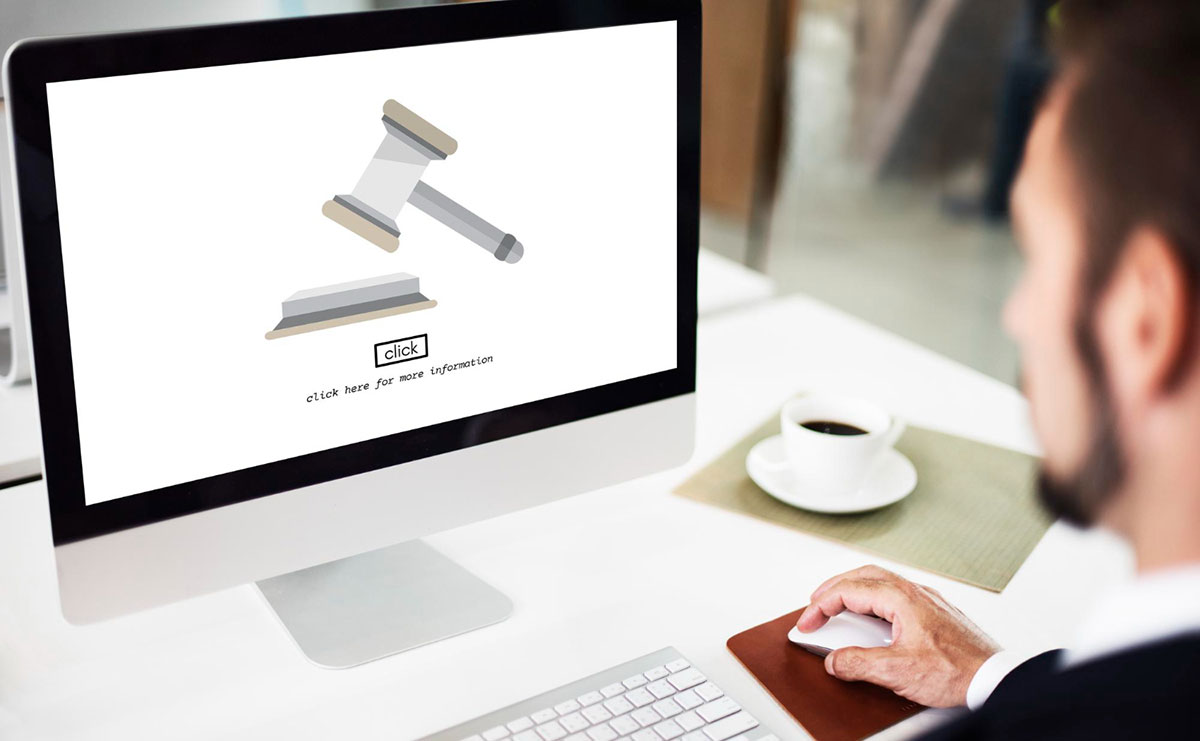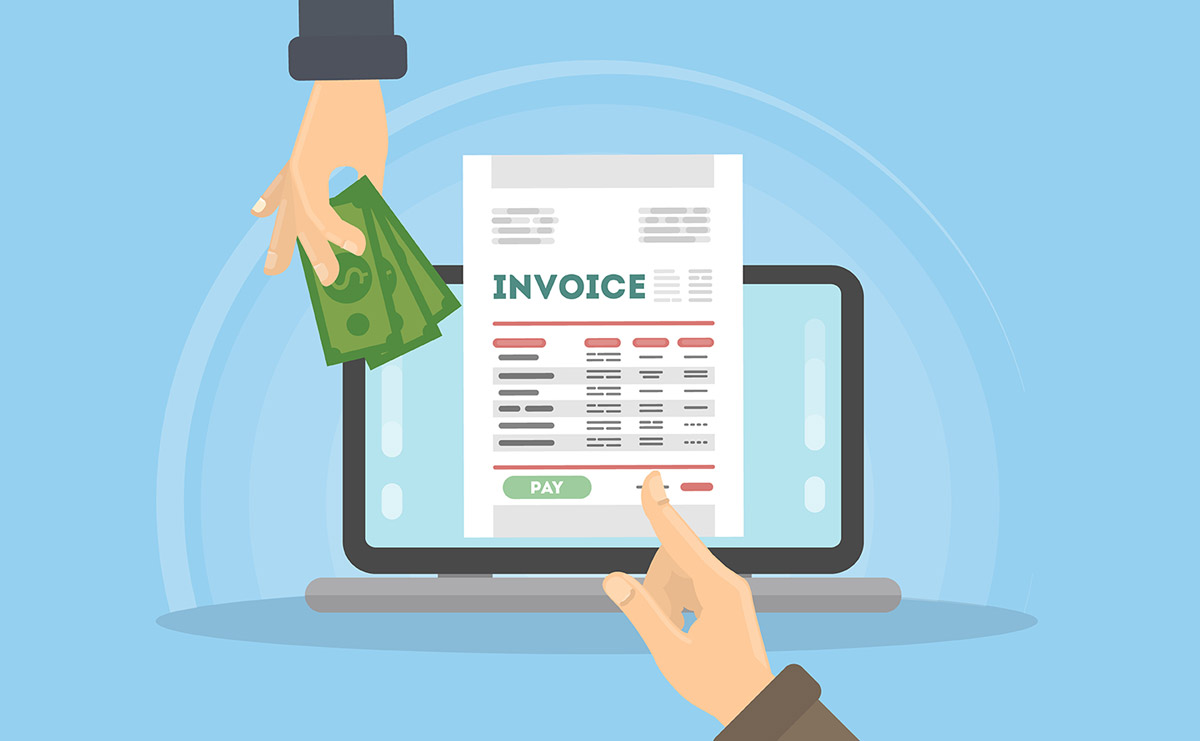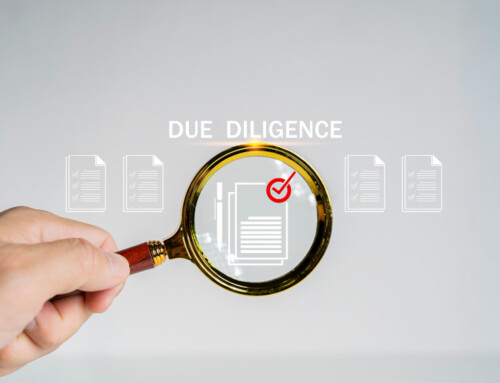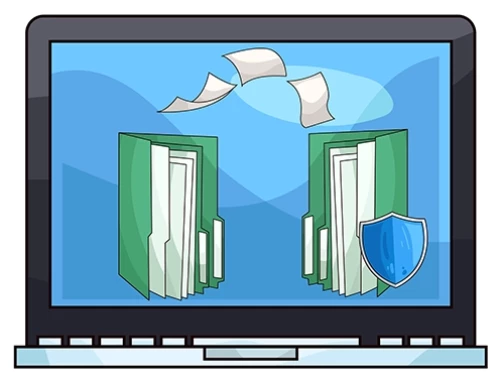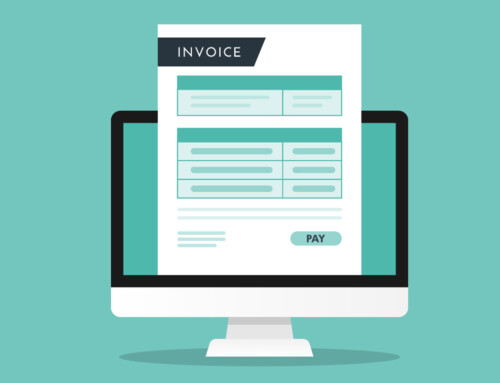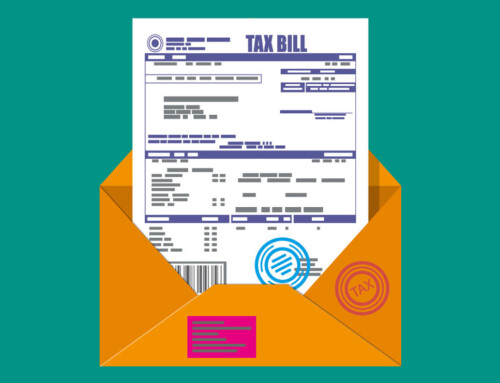Contents
What Software is Essential to Be Used in a Law Firm?
Software for lawyers’ offices has become crucial in today’s rapidly changing legal environment to manage day-to-day activities accurately and efficiently. Law firms may concentrate on legal strategy instead of administrative responsibilities by using software programs for law firms which workflows for everything from case management to billing and client contacts. Law firms can select the finest solutions for handling cases, client relations, and compliance requirements by knowing what software do law firms use.
Understanding the Essential Software for Law Firms
In today’s legal industry, adopting specialized software for lawyers’ offices is essential for managing client demands, streamlining workflows, and maintaining organization. For law firms handling everything from case management to document storage and billing, the right software solutions enhance productivity and support client service. Software programs for law firms offer capabilities designed to manage the unique demands of legal work, enabling attorneys to automate routine tasks, track case details, and communicate effectively with clients—all while ensuring data security and compliance.
Why Law Firms Need Specialized Software Programs
Unlike general business software, specialized legal software examples are created to meet the specific needs of legal professionals, addressing challenges like document confidentiality, trust accounting, and court deadlines. By consolidating critical functions into one platform, such software helps firms keep track of multiple cases, ensuring that nothing falls through the cracks. Benefits of Adopting Technology in Legal Practices
Comprehensive Case Management Software Programs for Law Firms
Efficient case management is the backbone of any successful law firm, ensuring that all aspects of a case—from documentation to client communication—are streamlined and organized. Software for lawyers’ offices designed specifically for case management helps attorneys stay on top of deadlines, track case progress, and keep clients informed. By centralizing information and automating routine tasks, case management software reduces the risk of errors and lost information, giving legal professionals more time to focus on building effective case strategies.
Core Functions of Case Management Software
What software do law firms use to manage cases effectively? Comprehensive case management solutions provide core features like task assignment, deadline tracking, document organization, and communication tools. Platforms like RunSensible allow legal teams to access all relevant case details, such as client information, case history, and related documents, from a single, user-friendly interface.
Another essential function is document storage and retrieval. Software programs for law firms like RunSensible offer secure, centralized document storage where attorneys and paralegals can quickly access the latest versions of any case file, reducing time spent on manual searches. This capability is particularly valuable for firms handling multiple cases with extensive documentation.

How Case Management Enhances Client Service and Efficiency
With dedicated case management software, law firms can improve client service by providing timely updates and managing cases more efficiently. RunSensible’s case management system, for example, includes client portals that allow clients to log in, review case updates, share documents, and communicate directly with their legal team in a secure environment. This transparency not only builds client trust but also reduces the time attorneys spend responding to routine client inquiries.
Additionally, case management automation helps law firms avoid repetitive tasks, ensuring that lawyers can allocate more time to strategic legal work. These efficiency gains translate into better client outcomes and improved profitability for the firm.
Streamlined Communication Software for Lawyers’ Offices
Effective communication is critical to every law firm’s success, impacting both client satisfaction and internal collaboration. Software for lawyers’ offices designed for communication provides secure, organized channels for managing client interactions and coordinating with team members. With the right tools in place, law firms can ensure timely responses to clients, transparent case updates, and seamless collaboration among team members.
Tools for Internal Communication and Team Collaboration
What software do law firms use for internal communication? Many firms require secure messaging platforms, task coordination features, and file-sharing capabilities to keep teams aligned on case progress. RunSensible’s software includes all these features, providing attorneys, paralegals, and support staff with a centralized platform to share updates, track tasks, and collaborate in real-time. RunSensible also integrates with case management tools, so team members can tag cases, set reminders, and document progress without leaving the platform, reducing the risk of miscommunication and ensuring that everyone stays informed.
For firms with remote or hybrid work models, video conferencing and secure chat functions are essential. RunSensible’s platform includes integrated video conferencing and secure messaging tools, so attorneys can meet virtually with clients or colleagues and share case information in a controlled environment. By centralizing all these tools, software for lawyers’ offices like RunSensible ensures that law firms have a streamlined communication system that supports efficient and productive teamwork.
Client Communication Platforms for Modern Law Firms
In addition to supporting internal communication, software programs for law firms must provide tools for client communication that meet modern expectations of accessibility and responsiveness. RunSensible offers a secure client portal that allows clients to view updates, share documents, and communicate directly with their attorneys—all within a protected online space. This transparency and accessibility increase client satisfaction by keeping clients informed of case progress and allowing them to reach out as needed, which builds trust and reduces the frequency of routine check-in calls and emails.
Secure email integration and encrypted messaging are also standard features in RunSensible, ensuring that all client communications are protected from unauthorized access. With these tools, RunSensible provides a reliable solution for law firms that need both robust internal collaboration features and a high level of client confidentiality.
Document Management Software for Secure and Organized Files
In a field as documentation heavy as legal work, efficient document management is essential for maintaining organization, accuracy, and compliance. Software for lawyers’ offices that includes dedicated document management features enables law firms to securely store, categorize, and retrieve files with ease. By moving to digital document management systems, law firms not only save space but also ensure quick access to crucial information, improving overall efficiency. RunSensible’s document management tools offer a comprehensive solution that allows legal professionals to store, organize, and manage documents seamlessly while meeting the stringent security requirements of legal practice.
Features of Effective Document Management Solutions
When choosing what software do law firms use for document management, essential features include secure storage, advanced search capabilities, access control, and version tracking. RunSensible’s document management system covers all these aspects, providing a central repository where attorneys can securely save case-related documents and easily retrieve them when needed. Advanced search functionality within RunSensible enables legal teams to locate documents by client name, case type, or keywords, minimizing time spent searching through files. Additionally, version control features allow firms to maintain document integrity by tracking changes and ensuring that only authorized personnel can access or edit sensitive information.
In addition to RunSensible, other popular software programs for law firms in document management include NetDocuments and iManage. For instance, NetDocuments offers cloud-based document storage with advanced security features, making it a trusted choice for firms that prioritize data protection. iManage is another robust solution that provides AI-driven organization and collaboration tools, tailored to meet the demands of large, document-intensive practices. However, RunSensible’s integration of document management with other core legal practice functions—like case management and client communication—offers an all-in-one approach that simplifies the legal workflow and reduces the need for multiple software systems.
Compliance and Security in Document Storage
Given the sensitivity of legal documents, law firms must prioritize software solutions that ensure high-level security and regulatory compliance. RunSensible’s document management system includes encryption, access controls, and secure cloud storage, ensuring that all client documents are protected from unauthorized access. These features not only safeguard sensitive data but also help law firms comply with industry regulations such as the GDPR and HIPAA. With audit trails, firms can track who accessed or modified each document, enhancing transparency and accountability within the firm.
Other legal software examples like Worldox also focus heavily on document security, offering robust access controls and integration with Microsoft Office for seamless document handling. RunSensible, however, takes this further by offering a single, integrated platform where document management works in harmony with billing, client communication, and task management. This integration makes it easier for firms to manage the complete lifecycle of each case from one secure system, eliminating the risk of data silos and enhancing overall productivity.
Using document management software for lawyers’ offices like RunSensible not only secures and organizes files but also improves accessibility, enabling firms to focus on delivering efficient, client-centered service. By investing in comprehensive solutions that combine security and functionality, law firms can protect sensitive information, stay organized, and improve team collaboration—all essential to maintaining a competitive edge in today’s legal landscape.
Time Tracking and Billing Software for Lawyers
Accurate time tracking and efficient billing are essential for maintaining a law firm’s financial health and transparency. Software for lawyers’ offices with built-in time tracking and billing tools enables firms to log billable hours, manage expenses, and generate invoices quickly and accurately. By using specialized billing software, law firms can streamline their financial workflows and ensure that every billable minute is recorded. RunSensible offers an integrated time tracking and billing solution that helps law firms simplify these processes while supporting flexible billing arrangements suited to various client needs.
Automating Billing with Legal Software Examples
Billing software automates the often time-consuming process of invoicing, reducing errors and improving accuracy. What software do law firms use to handle these tasks? Solutions like RunSensible allow firms to track time in real-time, linking billable hours directly to client cases, which makes invoicing faster and more transparent. With automated invoicing and reminders, RunSensible helps attorneys spend less time on billing and more on casework. In addition, RunSensible’s billing software allows for customized billing formats, supporting hourly rates, flat fees, or retainer-based billing—all commonly used in legal practice.
Beyond RunSensible, other software programs for law firms in this category include Clio and TimeSolv. Clio, a popular choice for law firm management, offers time tracking and billing as part of its overall practice management suite, making it a comprehensive option for small to mid-sized firms. TimeSolv, on the other hand, specializes in legal billing and provides advanced time tracking and expense management, ideal for firms focused on optimizing their billing efficiency. However, RunSensible’s unique all-in-one design provides a seamless billing experience that integrates directly with case management, client communication, and document management, allowing law firms to operate from a unified platform.
Effective time tracking is essential for law firms that need to document their work accurately, manage billable hours, and ensure transparency with clients. RunSensible’s time tracking tools let attorneys log time for specific tasks and activities with just a few clicks, reducing administrative burden and ensuring that no billable activity goes unrecorded. With real-time tracking and manual entry options, attorneys can capture time as they work, categorize it by client or case, and make adjustments as needed.
Legal Research Tools as Key Software Programs for Law Firms
Effective legal research is essential for building strong case arguments, supporting court filings, and staying informed about changes in the law. Software for lawyers’ offices that includes legal research tools helps attorneys quickly access case law, statutes, legal commentary, and regulations, saving hours of manual research and ensuring they have the most up-to-date information. Legal research software has become indispensable for firms of all sizes, providing attorneys with comprehensive resources that help them analyze cases and develop well-founded strategies. RunSensible offers powerful research tool integrations that work within its platform, providing seamless access to legal databases and making research a streamlined part of the case management process.
Top Legal Research Platforms for Fast Access to Information
What software do law firms use to perform legal research efficiently? Most firms rely on a few leading legal research platforms to access relevant information on demand. For example, Westlaw and LexisNexis are widely used research tools that offer extensive databases of case law, statutes, and secondary sources like legal journals and treatises. These platforms provide advanced search functionalities, allowing attorneys to find specific case precedents, track judicial opinions, and stay current with new rulings and regulatory updates.
However, RunSensible stands out by integrating legal research tools within its comprehensive practice management suite, helping law firms keep research organized alongside other case-related materials. By linking research findings directly to relevant case files in RunSensible, attorneys save time and maintain a clear structure for each case, from research through to final preparation.
How Legal Research Software Supports Case Preparation
The best software programs for law firms allow attorneys not only to conduct research efficiently but also to compile, analyze, and apply findings directly to active cases. RunSensible’s platform is designed with this in mind, providing built-in tools to organize and annotate research results, link cases to applicable statutes, and maintain a record of relevant precedents within the case file. This functionality is especially valuable for larger teams, as it enables attorneys and paralegals to share research notes and work collaboratively. By integrating research tools within a broader practice management framework, RunSensible simplifies the process of incorporating legal research into case strategy.
For solo practitioners or small firms, using RunSensible’s platform means accessing all research and case details from a single interface, which enhances efficiency and reduces the time spent toggling between systems. Other legal software examples focus exclusively on research, like Fastcase, which is known for its intuitive search and powerful data visualization tools. RunSensible complements these standalone options by allowing firms to centralize research findings within a full case management system.
CRM Software for Law Firms: Enhancing Client Relationships
In legal practice, effective client relationship management is essential to fostering client loyalty, generating referrals, and supporting firm growth. CRM (Customer Relationship Management) software for lawyers’ offices provides the tools needed to track client interactions, manage follow-ups, and deliver personalized client experience. Unlike generic CRM solutions, specialized software programs for law firms like RunSensible are designed to support the unique workflows of legal professionals, integrating client information with case management and billing data to provide a comprehensive view of each client relationship. This centralization helps attorneys strengthen client satisfaction while staying organized.
Importance of CRM in Client Management
What software do law firms use to manage client relationships effectively? Legal CRM software combines client data, case history, and communication records in one secure platform, enabling attorneys to engage with clients in a meaningful and efficient manner. RunSensible’s CRM functionality helps law firms track every interaction with clients, set reminders for follow-ups, and maintain a complete record of case-related communications. With these capabilities, attorneys can provide clients with timely updates and ensure no important client interaction is overlooked.
RunSensible also integrates CRM features with task management and scheduling tools, so lawyers can plan client meetings, set case deadlines, and track billable tasks within a single platform. This makes it easier for law firms to manage cases while prioritizing responsive client service. For example, if a client has a question about their case status, attorneys can quickly access case updates and communicate them through RunSensible’s secure client portal, enhancing transparency and trust.
Choosing the Right CRM for Legal Practices
Choosing the right CRM software for lawyers’ offices involves selecting a platform that integrates seamlessly with other case management tools while providing robust client management features. RunSensible’s CRM system is designed to support legal-specific needs, from conflict checks to client intake forms and referral tracking. Additionally, it enables firms to segment client contacts based on case type or client priority, so they can personalize communications and target follow-ups accordingly. This segmentation is particularly useful for marketing efforts, as it allows law firms to tailor outreach based on clients’ legal needs or case history.
Other legal software examples in the CRM category include Law Ruler and Clio Grow, both of which focus on client intake and lead management for law firms. However, RunSensible’s all-in-one solution provides a more extensive approach by combining CRM with case management, billing, and document storage—all within a unified system. This comprehensive functionality not only simplifies client relationship management but also enables law firms to access all case-related information in one place.
Accounting Software Programs for Law Firms’ Financial Management
Proper accounting is essential for law firms to maintain financial stability, ensure compliance, and manage trust accounts responsibly. Software for lawyers’ offices with accounting capabilities is designed to handle the unique financial needs of legal practices, from trust accounting and client invoicing to expense tracking and detailed financial reporting. These specialized tools make it easier for law firms to oversee finances efficiently while meeting regulatory standards. RunSensible’s integrated accounting features provide firms with a comprehensive solution for managing their financial workflows within the same platform they use for case management and client communications.
Key Features of Legal Accounting Software
What software do law firms use to address their accounting needs? Legal accounting software typically includes trust accounting, expense tracking, invoicing, and financial reporting—features that are essential to ensure compliance and transparency in financial practices. RunSensible’s platform offers all these capabilities in one system, allowing law firms to manage finances with greater control and accuracy. For example, RunSensible’s trust accounting feature helps firms securely manage client funds, ensuring that they are kept separate from operating funds in compliance with legal requirements. By automating these processes, RunSensible reduces the risk of human error and supports ethical financial management.
In addition to trust accounting, RunSensible’s software enables firms to track expenses associated with each case, making it easier to generate accurate, itemized invoices for clients. By automatically linking expenses to cases, RunSensible allows attorneys to maintain a complete record of case-related costs and to invoice clients promptly. This level of precision in billing strengthens client trust and ensures that all billable activities are captured effectively.
Managing Expenses and Revenue Efficiently
A core advantage of software programs for law firms with accounting capabilities is the ability to track financial health through advanced reporting. RunSensible’s accounting features provide firms with detailed reports on revenue, outstanding invoices, and profitability by case, offering insights that support data-driven decision-making. By examining financial performance across cases or practice areas, firm leaders can allocate resources effectively and identify areas where revenue can be improved. With access to real-time financial data, attorneys and administrators are equipped to manage cash flow proactively, minimizing the risk of unexpected shortfalls.
RunSensible’s cloud-based setup also allows attorneys to securely access accounting data from anywhere, supporting remote work and enhancing flexibility. Unlike many standalone legal software examples, RunSensible’s all-in-one approach brings accounting, billing, and case management together, so attorneys can access all essential financial and case information in one place. This comprehensive setup makes it easier to track the financial aspects of every case and ensure that billing and accounting remain aligned.
Workflow Automation and Task Management Software for Lawyers
Effective workflow automation and task management are critical for law firms looking to maintain productivity and manage cases efficiently. Software for lawyers’ offices that includes these features helps legal professionals automate repetitive tasks, track deadlines, and organize case-related activities. By using task management and automation tools, law firms can reduce administrative time and focus more on strategic case work. RunSensible offers robust workflow automation and task management solutions that help law firms handle high volumes of cases and maintain seamless operations from start to finish.
Automation Solutions for Legal Tasks and Deadlines
What software do law firms use to streamline tasks and deadlines? Automation software designed for legal workflows can handle routine activities like document creation, client follow-ups, and scheduling, making it easier for attorneys to stay organized without adding to their workload. RunSensible’s platform allows law firms to set up automated workflows for these repetitive tasks, ensuring that nothing is missed and that attorneys remain on top of case requirements. For example, attorneys can automate reminders for court dates, document filing deadlines, and client check-ins, which minimizes the risk of missed deadlines and helps keep cases moving forward smoothly.
RunSensible’s task management tools also allow legal teams to assign, monitor, and update tasks directly within the system. Team members can collaborate seamlessly, with each individual able to view and update task progress in real time. This transparency reduces the chance of miscommunication and ensures that everyone involved in a case stays aligned on responsibilities. Unlike some other legal software examples, RunSensible’s integrated approach allows task management to work hand-in-hand with case files, billing, and client communications, simplifying workflows by housing all necessary information in a single system.
Examples of Task Management Software for Legal Teams
Effective task management software for law firms provides not only basic to-do lists but also features that cater to the specific demands of legal work, such as deadline tracking, task dependencies, and case-specific checklists. RunSensible’s task management tools include customizable task templates, allowing attorneys to create repeatable workflows for different types of cases, such as litigation or contract review. By standardizing these processes, attorneys ensure consistency and compliance with legal protocols, while also saving time on setup for each new case.
Another benefit of RunSensible’s platform is its ability to integrate task management with other case-related functions, including document management and billing. For instance, tasks related to document review or client billing can be tied directly to the relevant case files, making it easy for attorneys to see all related activities in one place. With cloud-based access, attorneys can also manage tasks remotely, allowing them to stay productive even when working outside the office.
Choosing an All-in-One Legal Software Solution
For law firms seeking efficiency and simplicity, an all-in-one software solution is an invaluable asset. Instead of juggling multiple tools for case management, billing, document handling, and client communication, software for lawyers’ offices that consolidates these functions provides a streamlined experience for both attorneys and support staff. With a single integrated platform, law firms can centralize operations, reduce redundancies, and ensure that all case-related data remains accessible and consistent across the board. RunSensible offers such a comprehensive solution, combining essential legal management tools into one cohesive system that enhances productivity and simplifies workflows.
Advantages of Using Integrated Software for Lawyers’ Offices
The main benefit of an all-in-one solution lies in its capacity to unify essential tasks within a single interface. What software do law firms use when they need to avoid the pitfalls of disconnected systems? Many firms find that all-in-one solutions like RunSensible not only save time but also improve accuracy by centralizing everything from client intake and billing to document management. This means that attorneys can quickly transition from reviewing a case file to updating billing information or scheduling a client meeting, all without switching platforms. By using RunSensible, law firms can reduce the learning curve for staff, ensure that data is consistently updated, and operate more efficiently.
In addition, all-in-one software programs for law firms allow firms to scale easily. RunSensible’s modular design lets law firms start with the essential tools they need and add more advanced features—such as CRM, advanced billing options, or automation tools—as the firm grows. This scalability makes it an ideal choice for solo practitioners as well as mid-sized firms with expanding practice areas, providing a sustainable solution that can adapt to new demands without requiring a complete system overhaul.
Evaluating Legal Software Examples for Comprehensive Needs
When evaluating all-in-one legal software examples, law firms should consider options that align with their practice’s unique workflows and compliance needs. RunSensible offers a full suite of integrated tools that address critical areas such as data security, document confidentiality, and client relationship management, making it a trustworthy choice for firms looking to operate efficiently while upholding the highest standards of client care. With features like secure document storage, advanced reporting, and automated workflows, RunSensible provides everything a firm needs to stay organized and focused on client success.
Another key advantage of using RunSensible’s integrated platform is the consistency it provides across various legal functions. For example, billing information, time tracking, and case notes are all connected within the system, ensuring that each action an attorney takes is recorded and accessible when needed. This interconnectivity eliminates redundant data entry and minimizes errors, giving attorneys more time to concentrate on case strategy and client interactions.
Streamline Your Legal Practice with the Right Software Solutions
Adopting the right software for lawyers’ offices can make all the difference in transforming a law firm’s productivity, organization, and client satisfaction. From case management and billing to document handling and client relationship management, choosing integrated software programs for law firms simplifies operations and keeps everything organized in one place. With an all-in-one platform like RunSensible, law firms can manage their entire workflow seamlessly, reduce administrative burdens, and focus more on delivering exceptional legal service. Understanding what software do law firms use and selecting the best fit for your practice needs ensures that you’re not only enhancing efficiency but also staying competitive in today’s digital landscape.
Selecting the right solution from numerous legal software examples is a strategic investment in your firm’s future. Integrated software like RunSensible supports the unique demands of legal professionals by providing tools that streamline every aspect of practice management. Whether you’re a solo practitioner or part of a growing firm, RunSensible’s comprehensive approach to legal management can help you stay organized, meet deadlines, and strengthen client relationships—all while improving overall profitability. Make the shift to a smarter, more efficient way of practicing law by embracing software that works for you, so you can focus on what matters most: winning cases and serving clients.
FAQ
1. What software do law firms use to manage cases efficiently?
Law firms commonly use all-in-one solutions like RunSensible, which provide tools for case management, document storage, billing, and client communication within a single platform. This type of software helps attorneys stay organized, meet deadlines, and maintain seamless communication with clients.
2. How can software programs for law firms improve client relationships?
Software with CRM features helps law firms manage and enhance client interactions by tracking communications, scheduling follow-ups, and providing clients with timely updates through secure client portals. RunSensible’s CRM tools are designed specifically for law firms, allowing for more personalized and responsive client service.
3. Why is billing software important for lawyers’ offices?
Accurate billing software automates time tracking, invoicing, and expense management, ensuring that all billable activities are captured and recorded transparently. With solutions like RunSensible, law firms can simplify billing processes, reduce errors, and provide clients with clear, itemized invoices, strengthening trust.
4. What are some key features of legal software examples like RunSensible?
Key features in legal software include case management, document handling, time tracking, billing, and client relationship management. RunSensible combines these tools into one integrated platform, providing law firms with everything needed to operate efficiently and maintain high standards of client care.
Disclaimer: The content provided on this blog is for informational purposes only and does not constitute legal, financial, or professional advice.
